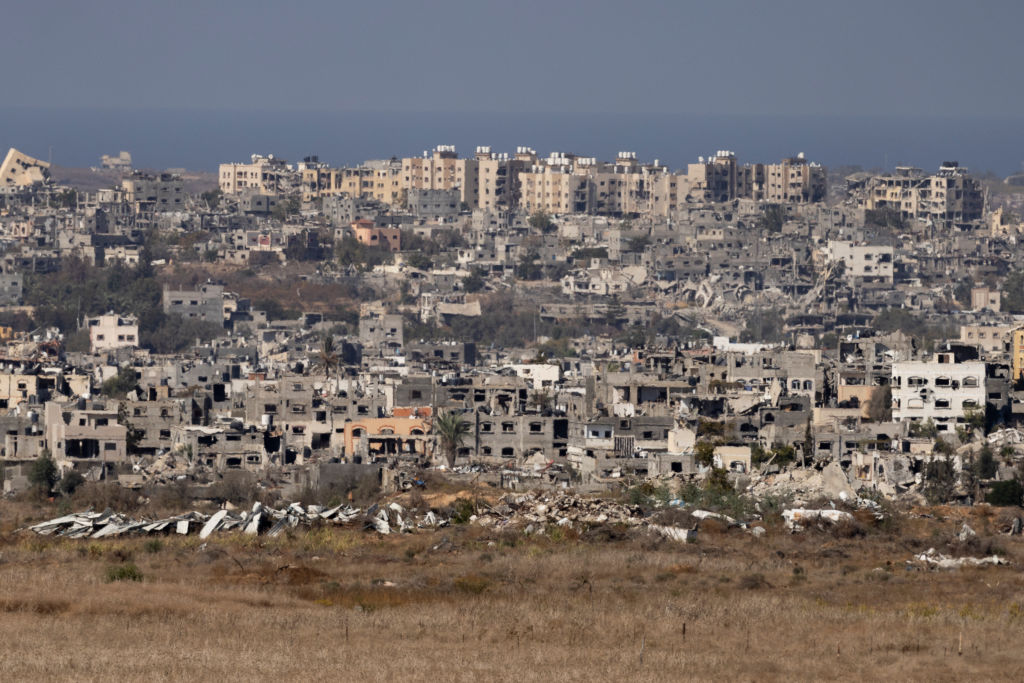When the lockdown is lifted, what will your new normal be as we wait for a coronavirus vaccine?
To find out, NBC10 Boston talked to medical experts, and to a woman who's already lived a socially distanced life for years.
The new normal forced by COVID-19 is nothing new for Dr. Mary Ann Wilmarth.
"So basically, the world has come to meet me where I was at and I still am," said Wilmarth, who is immune compromised.
Auto-immune issues coupled with immune deficiency diseases landed Wilmarth in the hospital.
"You never think it will be lasting forever," she said. "You think, 'Oh, I'll just get over this. This will be fine.'"
That was five years ago.
U.S. & World
Wilmarth was forced to live in a bubble. And when outside of it, always wore a mask.
"It's very interesting because people would back away from me. I would get all sorts of comments."
But not anymore. Her new normal... is ours now.
"Unfortunately, when we start to come out of the surge, there will probably be another one," said Dr. Sharon Wright, an infectious disease specialist at Beth Israel Deaconess Medical Center.
She said what needs to be done after a lockdown is lifted is still somewhat of a moving target.
"It may change over time. I mean, we haven't been post-any pandemic like this in most of our lifetimes," Wright said. "But you still want to make sure you're keeping some of that distance and not exposing yourself to lots of people all at once outside of your quarantine circle, so to speak."
And while some people may stop wearing masks, she said others in higher risk categories might choose to continue that practice.
Wright said she's also hopeful that as things begin to open up, those people who have been worried about coming into hospitals will be able to be seen by medical professionals.
There's also emotional and mental health to keep track of, said Dr. Alice Connors-Kellgren, a clinical psychologist at Tufts Medical Center.
"With any change there is a process of grief that happens," she said.
Connors-Kellgren said many of us are still working through the five stages of grief from losing our old normal -- denial, anger, bargaining, depression and acceptance.
"The best way to cope with uncertainty is to try and be as present in the moment as possible," she said.
And that's exactly what Wilmarth does. Her advice? Find a passion. Hers has become photography. And find a purpose. She volunteers online.
"When you have that interest, it sparks that joy within you," she said.
And most of all, Wilmarth said, remember that you are not alone.



